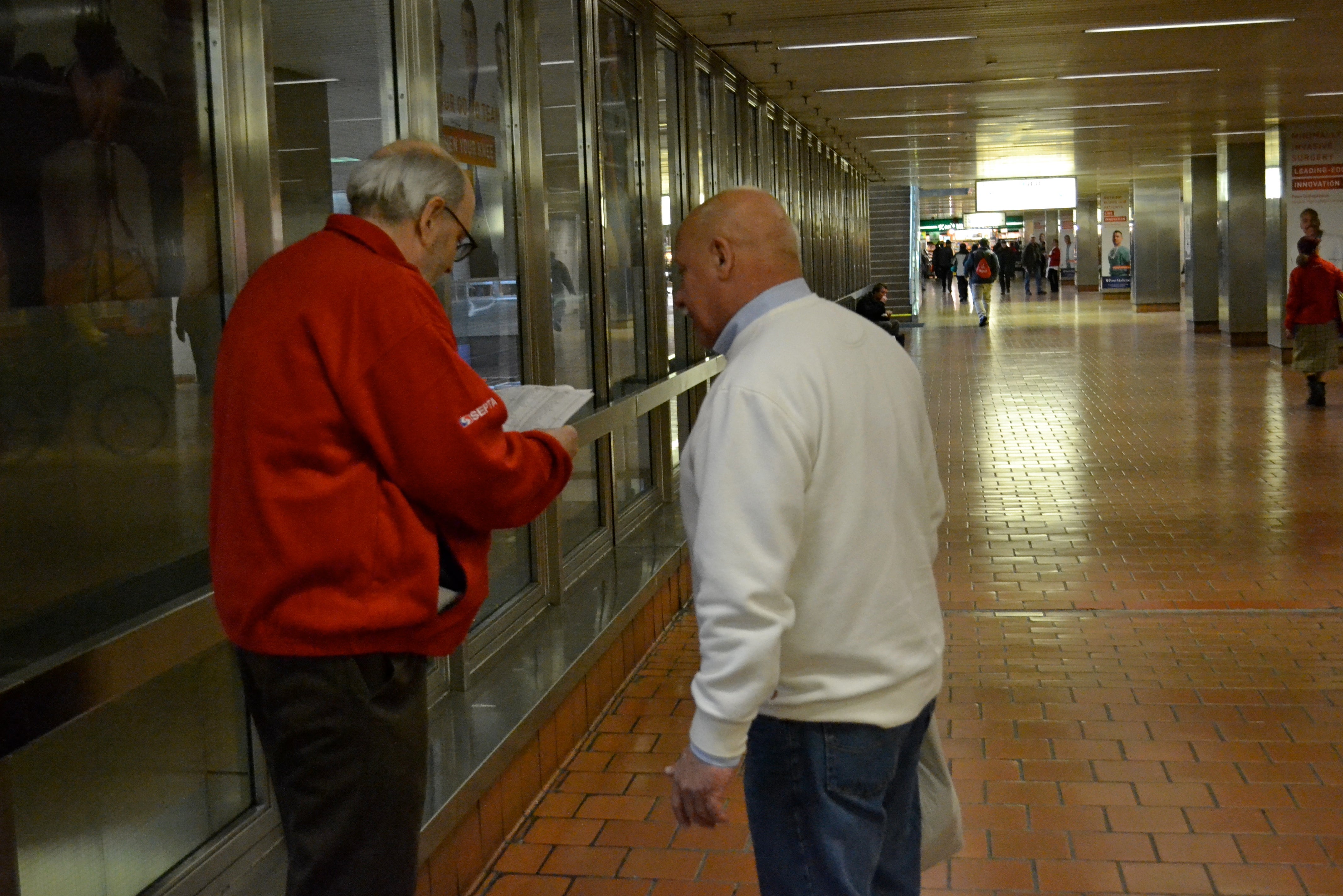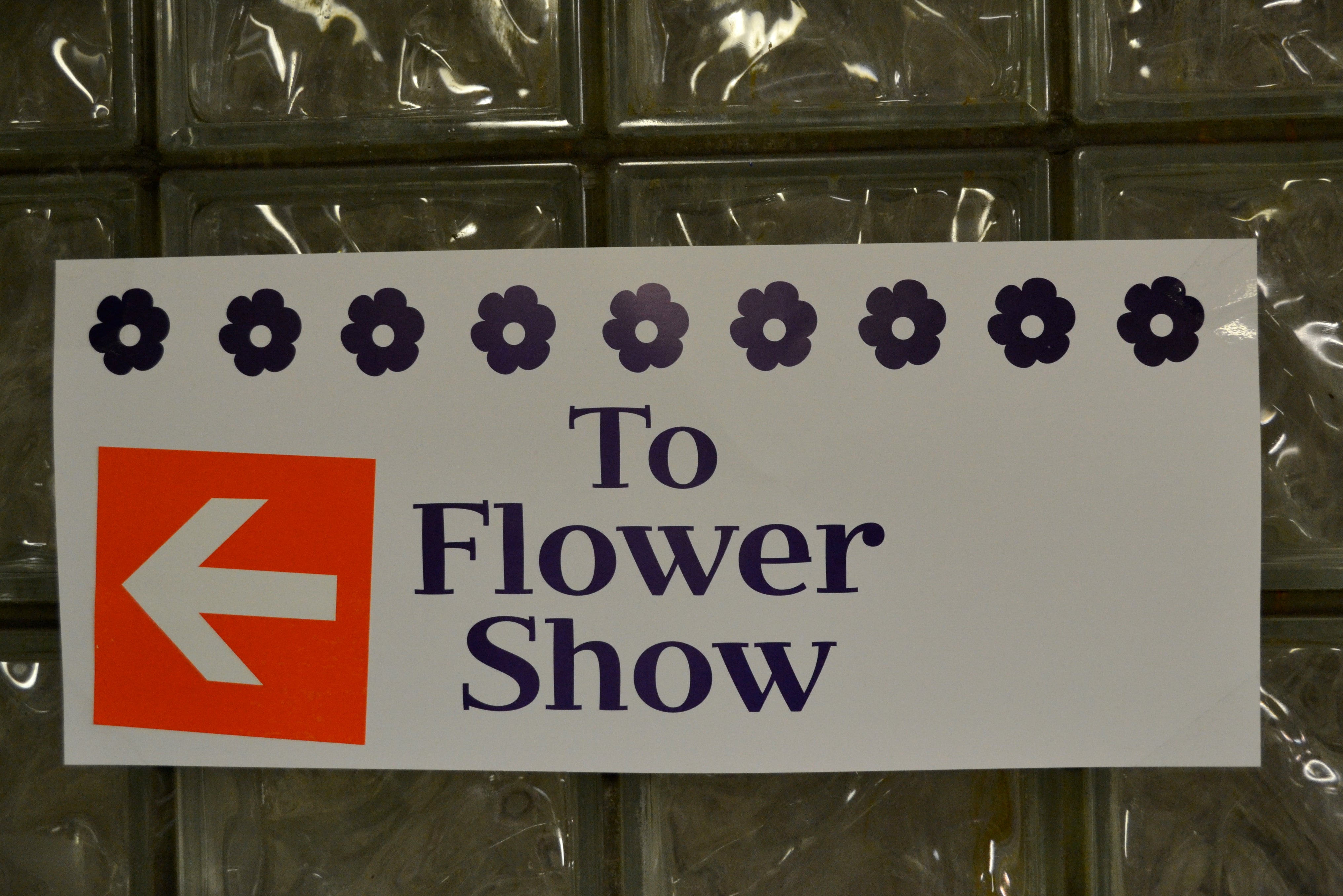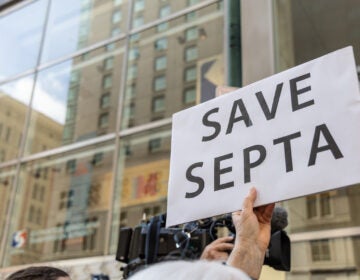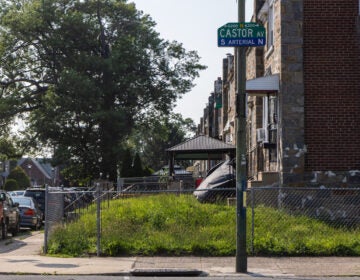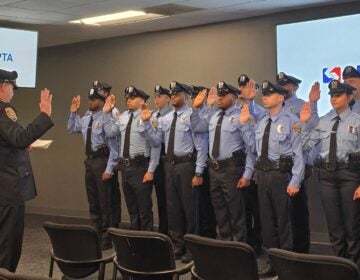SEPTA woos occasional riders during Flower Show
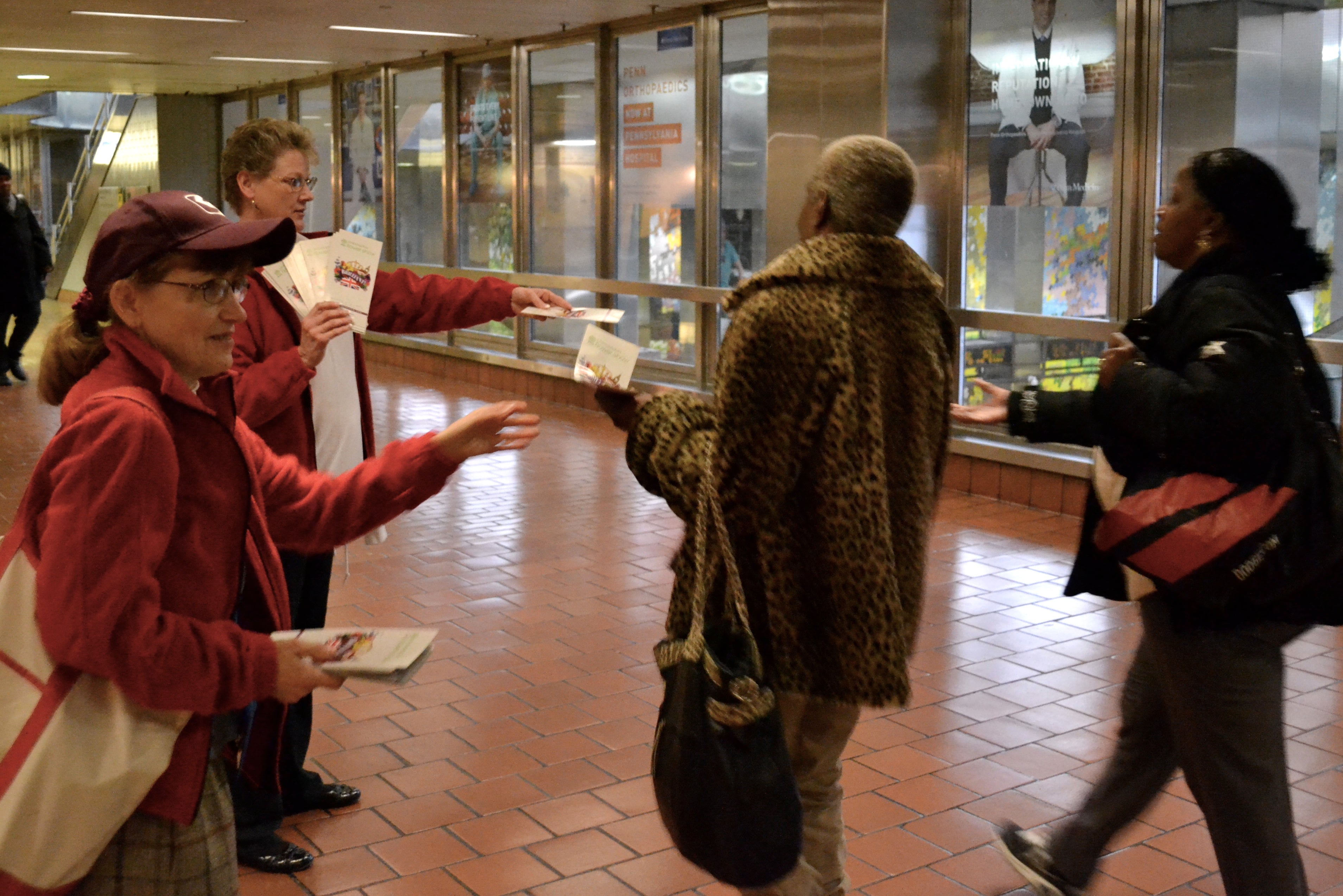
The suspension of quiet ride cars – which made the news earlier this week – was not the only change SEPTA made to its service for the annual Philadelphia Flower Show.
Of all the events SEPTA prepares for annually, the Flower Show receives special attention. This year SEPTA added approximately 30 cars to trains that it knew would receive extra ridership, extended ticket office hours, sent a fleet for “ambassadors” to Market East Station and more.
“There’s an incredible amount of people who come in… and a lot of them are once a year commuters,” said Ron Hopkins, SEPTA’s assistant general manager of operations. “We think it sends out a very good message to them about our service and how well we treat our passengers. Maybe they’ll become more frequent commuters.”
Hopkins said the first thing SEPTA looks at when preparing for the Flower Show is equipment – how the authority can move roughly 30 cars to trains that will have higher ridership, including trains coming from the Paoli area and those on the Lansdale/Doylestown and West Trenton lines.
“With extra equipment, you need extra crews, so we do have extra conductors and passenger attendants on our trains,” Hopkins said.
Through its ambassador program, SEPTA reassigned 238 employees to stand in high-traffic areas of Market East Station and direct Flower Show attendees to and from the regional rail platforms. Inside this year’s Flower Show, SEPTA has had 16 retirees volunteering as concierge staff.
In addition, SEPTA added signage, directing people from the subway stations to the Flower Show.
“You hear some focus on the rail road because that’s where a large portion of our riders come in, our extra riders, but a lot of people still take the Broad Street Line, the Market Frankford Line or the trolley lines,” Hopkins said.
SEPTA has also paid special attention to cleanliness during the Flower Show.
“If you’ve been [to Market East] you’ll notice the attention to the station cleanliness,” Hopkins said. “We really ramp it up, make sure everything’s looking good.”
All of this is done, in large part, because The Flower Show provides SEPTA an opportunity to showcase the system to people who may not use it often.
“We’re dealing with a lot of non-traditional riders, a lot of people that are may be taking SEPTA once a year or for the first time,” said SEPTA spokesperson Kristin Geiger. “We kind of view it as an opportunity to provide them with a positive experience so that the next time they think of coming into Center City for an event, they’ll want to take SEPTA.”
Hopkins said SEPTA has seen an increase in ridership, and much of that is happening on the weekends. He hopes attracting more of the occasional riders will help this trend continue.
Some of SEPTA’s Flower Show efforts – like suspending the quiet ride car policy – have received flack from more regular commuters though. Some asked why SEPTA would drop a successful program that regular customers value for a one-time event.
In that case, Hopkins said, it becomes a challenge on the conductors to enforce the quiet ride policy given the increased ridership.
“We’ll evaluate this year,” he said. “If it wasn’t worth the effort we’ll change it next year.”
WHYY is your source for fact-based, in-depth journalism and information. As a nonprofit organization, we rely on financial support from readers like you. Please give today.



